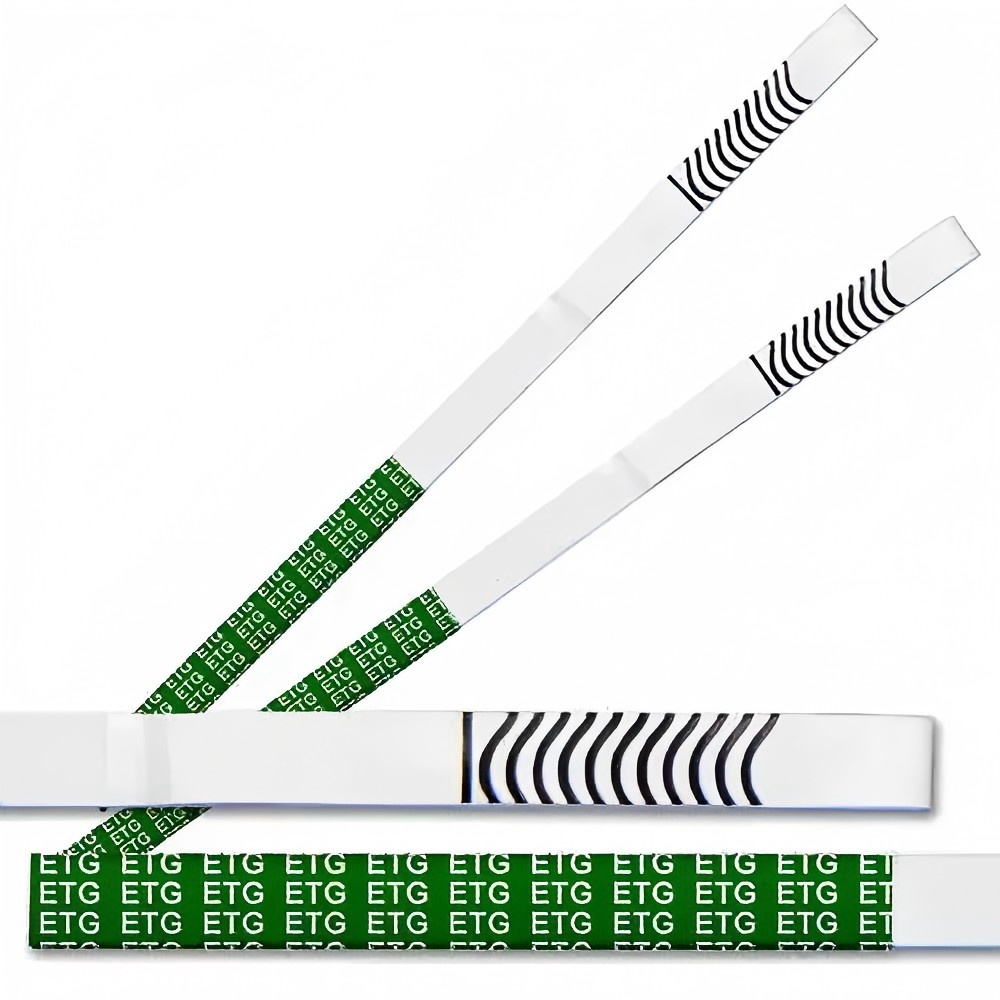Introduction to IVD Reagents
In vitro diagnostic (IVD) reagents are crucial components in the medical field. These reagents are substances or chemicals used to detect, diagnose, or monitor diseases by examining specimens from the human body. They are indispensable in clinical diagnostics and research, facilitating the accurate interpretation of various medical conditions. The efficacy of IVD reagents depends heavily on the manufacturing processes, factory standards, and supplier reliability, all of which influence the quality and performance of these materials.
Classification of IVD Reagents
IVD reagents can be classified based on their functionality and application domains. These classifications help manufacturers, factories, and suppliers tailor their production and distribution processes to meet specific diagnostic needs, ensuring that the reagents meet stringent quality and reliability standards across different diagnostic platforms.
Analyte-Specific Reagents (ASRs)
ASRs are reagents that are used to detect specific chemical or biological analytes. These reagents are typically manufactured under strict conditions to ensure precision and accuracy, as they play a vital role in diagnosing diseases at a molecular level. Their specificity makes them a crucial component for laboratories aiming to provide high-precision diagnostics.
General Purpose Reagents (GPRs)
Unlike ASRs, General Purpose Reagents (GPRs) are not tied to a particular diagnostic target. Instead, they serve a broad range of laboratory applications such as maintaining pH, preserving tissue morphology, or supporting general assay performance. Factories producing GPRs cater to a wider market, allowing flexibility in production while maintaining compliance with regulatory standards.
Molecular Diagnostic Reagents
Molecular diagnostics have revolutionized the field of pathology with the ability to detect and quantify genetic material associated with disease. IVD reagents in this category include DNA polymerases, deoxynucleotides (dNTPs), primers, and buffers required for processes like PCR. The precision and stability of these reagents are critical for accurate results, impacting the supplier's responsibility to maintain high standards throughout the production and distribution phases.
Immunoassay Reagents
Immunoassays are sensitive techniques used for measuring substances, often at very low concentrations, which are typically linked to immune responses. IVD reagents for immunoassays such as ELISA or flow cytometry include blocking buffers, conjugated antibodies, and chromogenic substrates. Factories and suppliers must ensure these reagents are manufactured with high specificity and sensitivity to ensure reliable diagnostic outcomes.
Hematology Reagents
Hematology reagents are vital for analyzing blood components, including red and white blood cells and platelets. These reagents are used in automated cell counters and coagulation tests. The manufacturing and supply chains for these reagents require stringent controls to ensure they meet clinical standards, which emphasizes the role of both the factory and supplier in delivering consistent product quality.
Microbiological Reagents
In microbiology, reagents such as transport media, nutrient agar, and Gram stain solutions are essential for the culture and identification of microorganisms. These reagents support routine diagnostics and antimicrobial susceptibility testing, demonstrating the need for suppliers to provide high-quality materials that ensure the accuracy and reliability of microbiological assessments.
Regulatory Pathways for IVD Reagents
The regulatory landscape for IVD reagents is complex, with different classifications based on intended use and associated risk. Most general-purpose reagents are considered low-risk and fall under Class I, exempt from premarket notification. However, manufacturers must comply with regulatory controls, including proper labeling and good manufacturing practices. For higher risk diagnostics, such as infectious disease detection, stricter controls are applied, underscoring the significance of regulatory frameworks in guiding manufacturers and suppliers.
Future Trends in IVD Reagents
The landscape of IVD reagents is continuously evolving, driven by advances in technology and an increasing demand for precise diagnostics. Trends include the integration of AI-driven data interpretation, and the development of point-of-care diagnostics, necessitating manufacturers and suppliers to adapt to new production demands and regulatory requirements. As these technologies evolve, the quality and innovation in reagent production will be paramount to advancing diagnostic capabilities globally.
Hysen Provide Solutions
At Hysen, we address the needs of manufacturers and suppliers by providing comprehensive solutions tailored to the IVD industry. Our focus is on enhancing the quality and reliability of reagents, ensuring compliance with regulatory standards, and fostering innovation to support the development of advanced diagnostic tools. By partnering with us, stakeholders can optimize their production processes, achieve regulatory compliance, and improve diagnostic outcomes, ultimately enhancing patient care and diagnostic accuracy.

Post time: Jul-25-2025
















